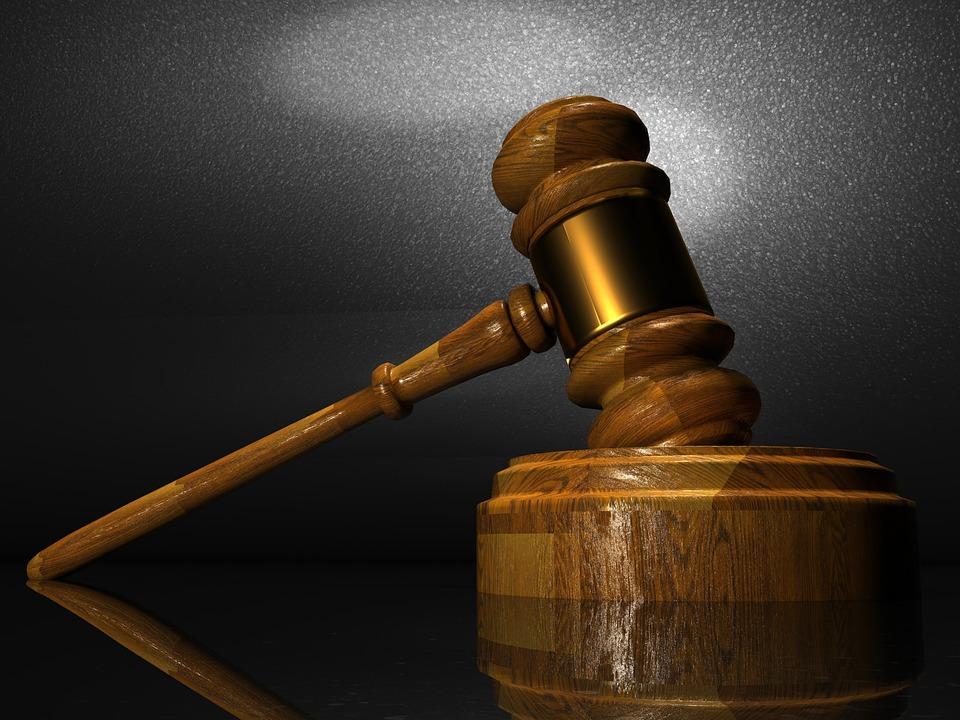Damages in New Jersey Business Litigation

When one party sues another over a business dispute it may feel nice to win, but there must be a business end in mind to justify the time and cost of litigation. In other words, parties should initiate litigation only with a goal in mind. That end is the damages they may be awarded.
Types of Damages in New Jersey Business Litigation – “Legal” and “Equitable” Remedies
Under New Jersey law is lost profits, the damages, or relief, which may be obtained in business litigation break down into two basic types—legal and equitable relief. Basically, legal remedies are money damages. Equitable relief is a remedy which is separate from money damages.
Legal, or Money, Damages
Most civil actions have two parts: a claim that one party wrongfully harmed another, and a claim for compensation for the harm. These are called compensatory damages. Compensatory damages compensate for the harm inflicted; they try to put the innocent party in the position they would have been in had the harm not happened. The most typical type of compensatory damages in business litigation conduct. Lost profits are the amount of revenue lost after credit for the costs avoided. Another form of compensatory damages are consequential damages. Under New Jersey business law, consequential damages compensate a party for other foreseeable harm. For example, consequential damages could include the loss of value in property as a result of the other party’s wrongful conduct, provided these damages were reasonably foreseeable when the contract was made. Compensatory damages often need to be proved with the help of expert testimony, such as an economist or an accountant to prove lost profits.
Another form of legal relief, or money damages, is punitive damages. Unlike compensatory damages, punitive damages do not focus on helping the victim. Rather, they seek to punish the wrongdoer to deter further wrongful conduct. In order to have a deterrent effect, however, there must be intent, so punitive damages are not available in negligence actions, and the conduct must be especially egregious. Likewise, punitive damages are not available in breach of contract actions.
Another form of monetary relief under New Jersey business law is the award of attorneys fees and litigation costs to the prevailing party. However, the general “American Rule” is that each party bears its own costs, so attorneys fees are not available in most commercial litigation. The only exceptions are where they are agreed to in a contract, or in certain actions where the New Jersey Legislature or Congress have provided for them by statute, such as in consumer fraud cases.
Equitable Relief
Equitable relief is a remedy awarded by a court that is not monetary, in which the Court uses its equitable powers to fashion a solution that cannot be solved by money damages. Unlike money damages, equitable damages can only be awarded by a judge, not a jury. Generally, but not exclusively, suits for equitable relief are heard in the Chancery Division — General Equity Part of the Superior Court of New Jersey.
Judges have great power to fashion equitable relief to meet the needs of the situation. For instance, in property disputes a judge can use his equitable powers to force one owner to buy out the ownership interest of another owner, order partition the a parcel of real estate, or order that property be sold, or force one owner to buy another out. In a suit to “quiet title,” a judge can determine who is a property’s real owner. A judge can order a party to perform its obligations under contract such as following through with the purchase of a piece of property, which is known as “specific performance.”
In contract cases, a judge can order rescission of a contract, reform it, or rewrite the contract so that the parties’ intentions are not frustrated. A court can also order the enforcement of a restrictive covenant, such as a non-compete agreement.
Equitable relief is also available in disputes among business owners . Judges can dissolve a business when the owners are deadlocked and cannot function. A judge may expel an owner or order the other buyers to by her out her interest. A judge can order an accounting of the business’s books and records, or order that the business’s finances or operations are overseen by a receiver if there is evidence that one of the owners has been taking money.
Contact Us
Our business attorneys have decades of experience in business litigation in New Jersey’s Superior Court, New Jersey’s federal courts, and in arbitration and mediation. Call us at (973) 890-0004 or email us to set up a consultation.

